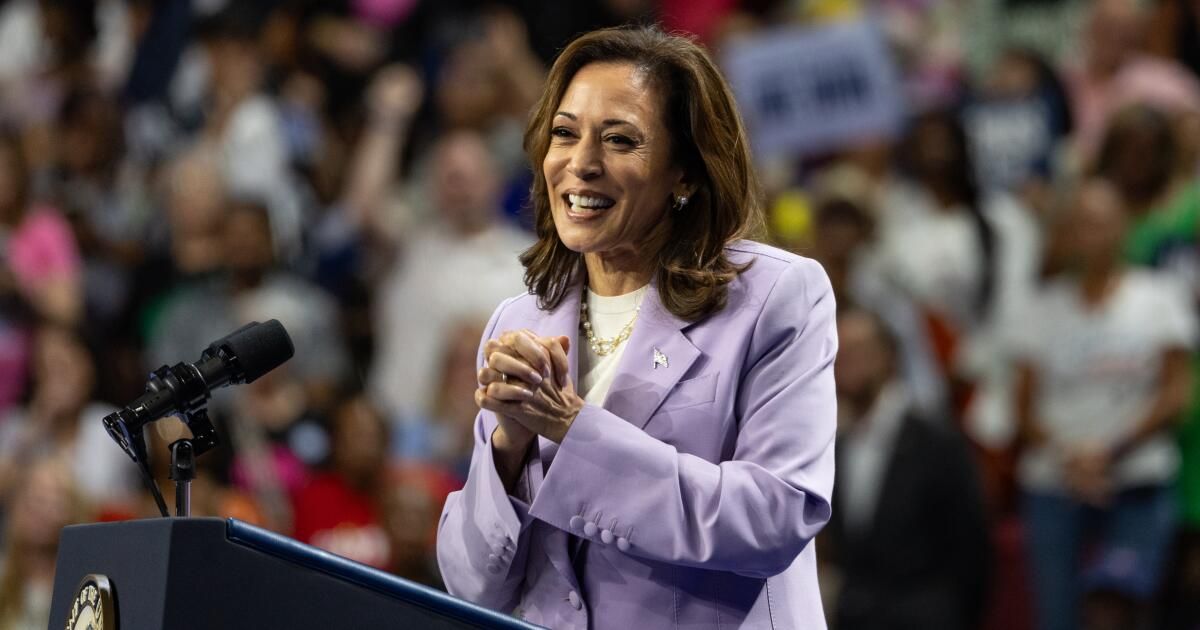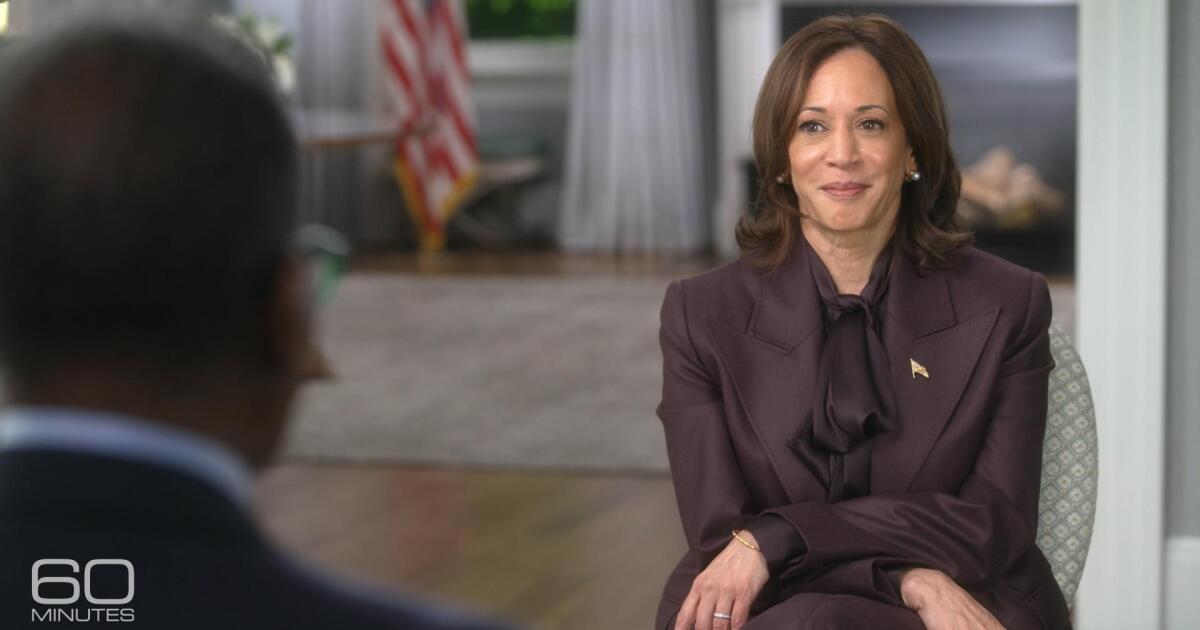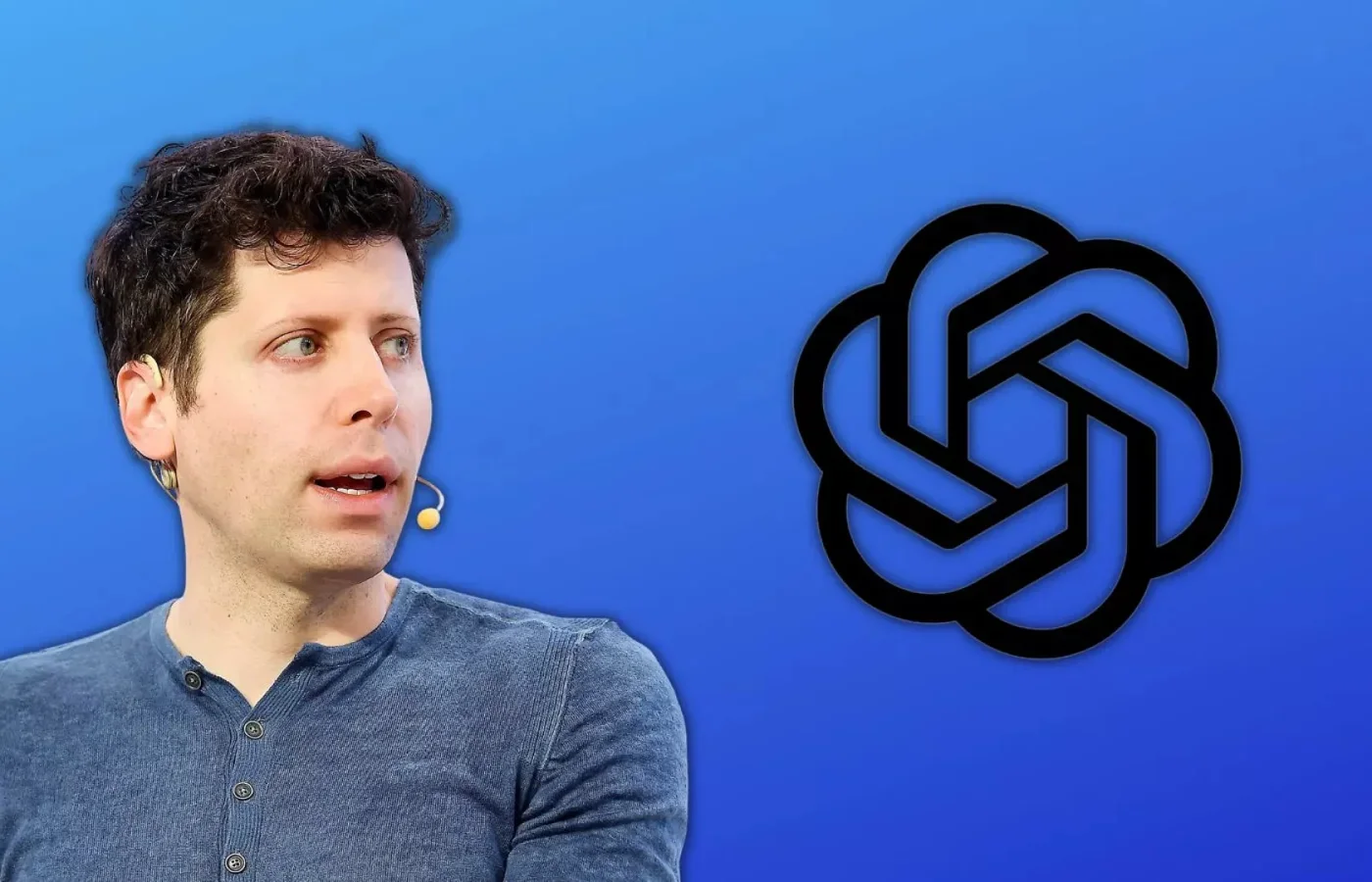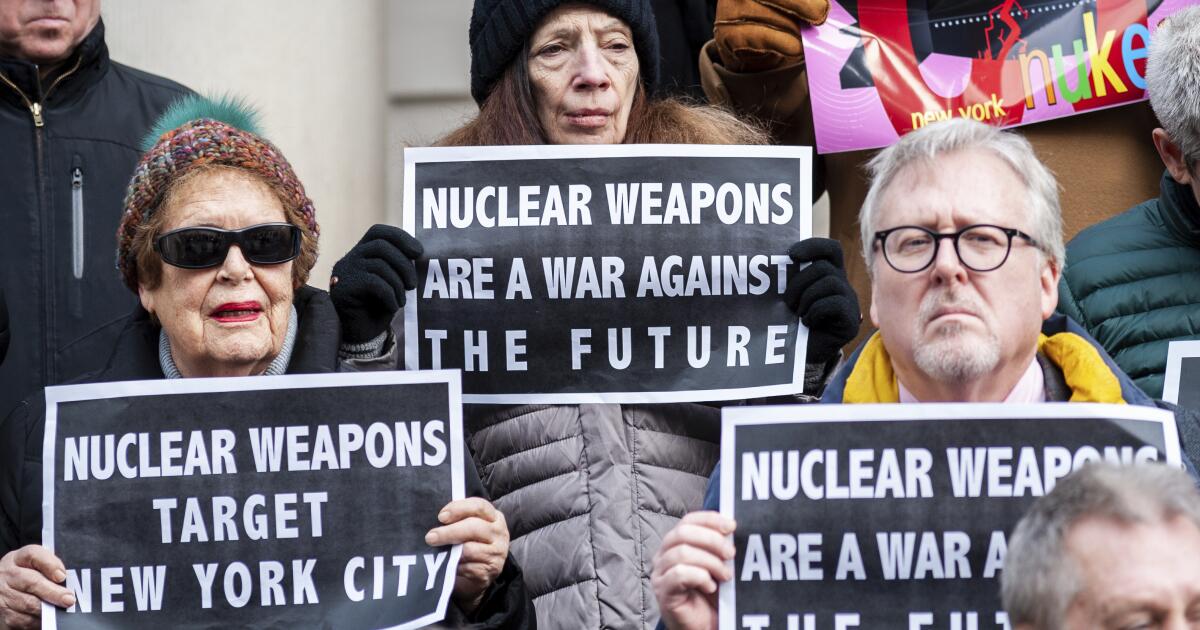Just a month ago, it was hard to imagine anything other than a tense and hopeless Democratic National Convention presided over by a President Biden who, after the debate, was sinking in the polls against Donald Trump. Instead, Vice President Kamala Harris arrives in Chicago this week with a surprising and unexpected surge of support and enthusiasm as the presidential candidate she was never supposed to be.
When Harris receives the official nod later this week, it will not be a surprise. She has already secured the necessary delegate support. But it will be a singular moment in American history.
The California politician is not the first woman nominated as a Democratic presidential candidate, nor the first Black person nominated as a Democratic presidential candidate, but she will be the first candidate who is both a woman and Black, and South Asian. Those traits alone make her a historic figure.
Of course, there was a path that had been traveled before her. In 1972, the late Congresswoman Shirley Chisholm was the first black person and the first woman to seek a presidential nomination from one of the two major political parties. In 1976, the late Congresswoman Barbara Jordan was the first black person and the first woman to deliver a keynote address at the Democratic convention.
The Harris who closes the convention is a different Harris from the short-lived candidate in the 2020 presidential primaries who morphed into Biden’s running mate and then vice president, with the requisite stumbles and embarrassing interviews along the way.
This summer, she never sounded more eloquent and authoritative than when she defended Biden after his disastrous performance in the June presidential debate.
Hers has been one of the most successful performances so far from a substitute turned protagonist. This week, she must deliver her best performance yet.
But even before she delivers her acceptance speech Thursday, she is addressing a convention already made extraordinary by Biden’s last-minute decision to drop out of the race and his electrifying rise to presumptive Democratic presidential nominee.
It’s not just that she’s coming in on a wave of energy, having already swung the polls from behind Trump to a slight lead. She’s won support from black, white, Gen Z and millennial voters, and has been called a “brat” by singer Charli XCX. Charli XCX’s term for a sassy party girl has now been expanded to include a presidential candidate with a suit, pearls, a big laugh and a bigger resume.
Part of her appeal is her clear-eyed, optimistic view of the election and the future. Her message is not about glorifying herself, but about making the country a better place for everyone — not just loyalists — by keeping the presidency out of Trump’s hands. As she soberly reminded a crowd at a campaign rally in western Pennsylvania on Sunday: “We have a lot of work to do to earn the vote of the American people.”
Let's think about where Harris and the country stand today. It's been a century since women's right to vote was ratified, and 150 years since women's right to vote was ratified.He Amendment that guaranteed that no one could be denied the right to vote based on race (though it would take the Voting Rights Act of 1965 to make it effective). Yet just two years ago, women lost the constitutional right to control their own bodies and now face an onslaught of regressive laws that treat them like incubators. Soon, this particular woman could be in control of the entire nation. How fair would that be?












